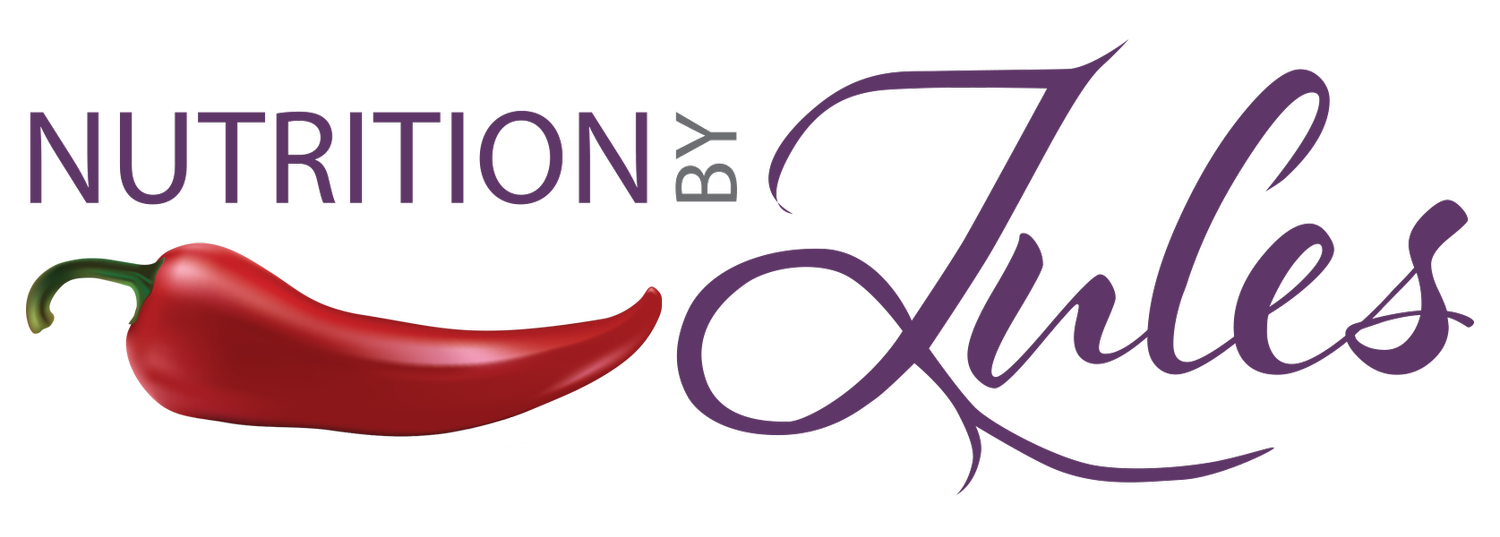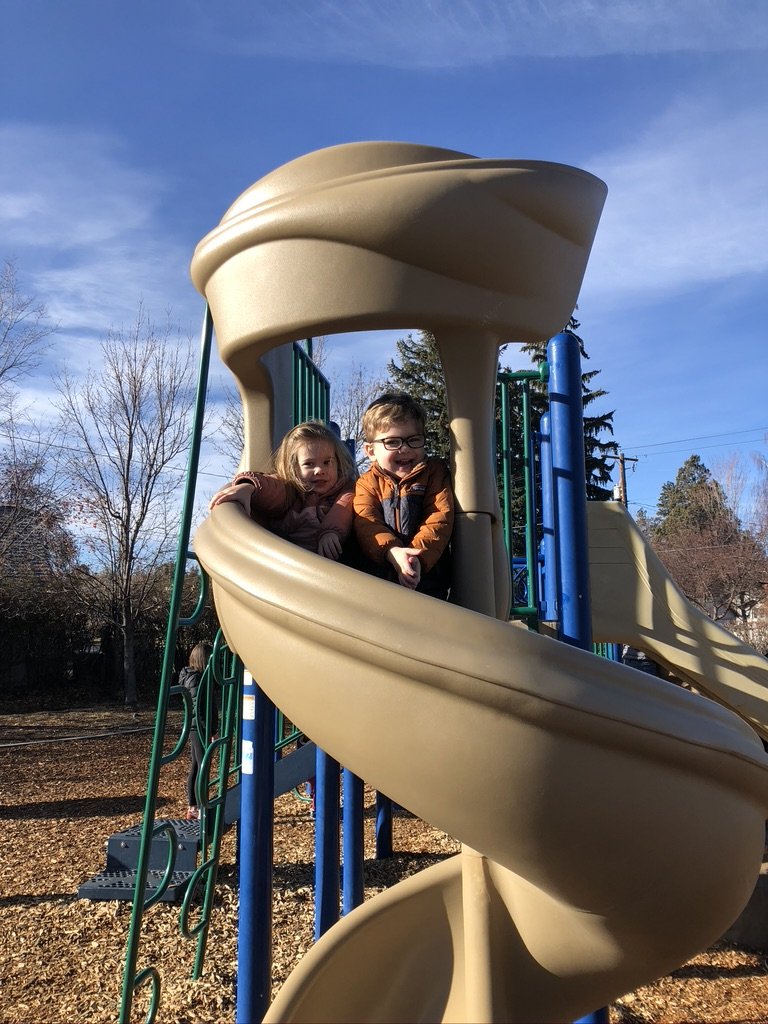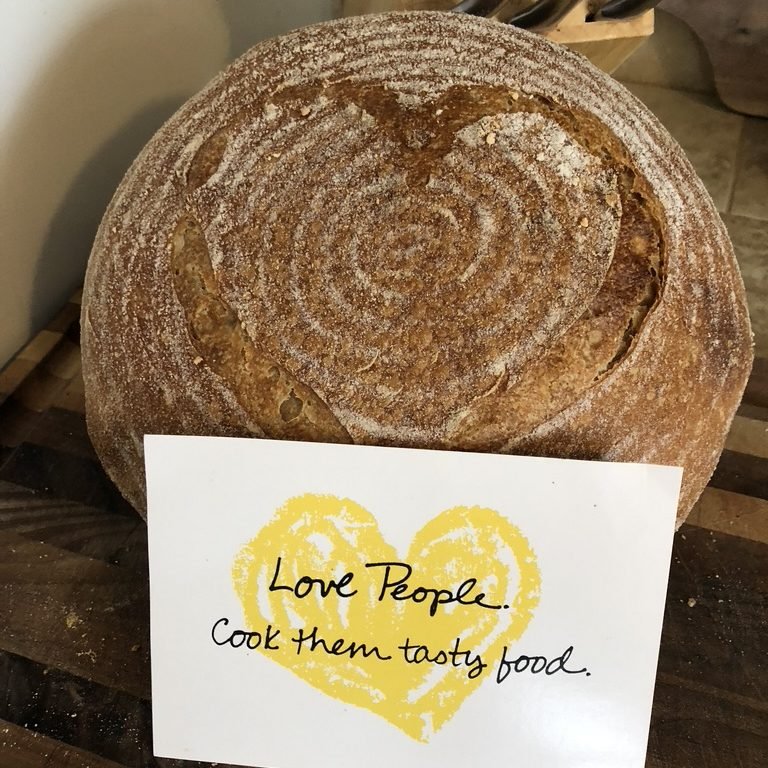What should I eat?
Answer: WHATEVER YOU WANT!
This dietitian has finally come to accept, and understand, that the majority of us need not worry about the specifics of what we eat.
What to eat is not rocket science nor is what we eat the the key to our health or happiness; not to mention it does not reflect our character or our ambitions.
Disclaimer: "majority" of us is not all of us; if you feel you are not in this majority please consult with a HAES (Health at Every Size) dietitian. Please do not use the content of this article as medical advice, it is meant for thought provoking purposes only.
What we eat IS a reflection of:
Food access
Media influence
Family dynamics
Ethnic, cultural and religious practices
Social determinants of health
= Your built environment, access to and quality of health care and education, your social connection in your community, and your economic status.
As I see it, here is what we need in order to make unsolicited, mindful food choices for ourselves everyday!
Access to a variety of foods
Physical access- grocery stores, restaurants, farmers and growers of food, etc.- as well as economical access. As it is right now, physical and economical food access is a privilege.
Variety is the highlighted word here. If we are to be able to "eat whatever we want" there needs to be options; if your only available and affordable food choice comes from a gas station or off a dollar menu this does not count as variety. Let me be clear that there is nothing wrong with choosing to eat something from the corner market or the dollar menu if it is not the forced choice.
2. GENERAL knowledge about food
I am talking about knowing the food groups, where food comes from (i.e a carrot is a vegetable and it grows in the ground) and some basics on cooking/preparing food. That's is.
There is a place for nutritional science; for detailing out every nutrients source and role in the body, for applying these details to disease diagnosis, prevention and treatment, for providing care for the malnourished and sick. HOWEVER, these are jobs for the dietetic and medical professional NOT for use in the public arena or to be used as a weapon for shaming people into thinking they must eat a certain way in order to be healthy, thin and or to be excepted. THAT is just down right miss-use of science.
Orthorexia=
obsessing over what is eaten in order to be healthy; over analyzing food content out of fear of eating the wrong foods and becoming "un-healthy".
Do you know why it is so confusing to try and learn about what foods we "should" eat? Because the general public doesn't know how to interpret nutrition science research. Not to mention the ability to have an unbiased nutritional research study that can show causation to a large population is near impossible. Every person's body and body needs are different just as everyone's experience with food and eating is different. You can not generalize nutrition to the masses. Trying to do so does more harm than good.
3. Be left alone to make food choices
In order for this to happen all harmful biases around food must be eliminated. Not just the headlines as they read from journalists who want to grab your attention, but ingrained healthism, weight stigma and ALL aspects of diet culture must go. These things must be recognized in ourselves as well as society at large in order to truly be able to make unsolicited, mindful food choices.
= assuming that becoming, being and staying healthy is the highest priority of all humans and it is the responsibility of the individual to obtain such a lofty goal.
= discriminating against someone because of their larger body size. This can lead to body shame, self-hate, poor relationship with food and or eating disorders, and keep people from seeking medical attention out of fear of being told they "just need to lose weight".
= placing being thin and healthy, and eating in a way that promotes thinness and health, as top priority in society while shaming those who do not follow these "rules".
Diet culture works its way into our psyche in ways we may not even recognize; in our conversations and our habits, whenever we categorize food into "good" or "bad" or comment positively to our friend for their weight lose, or we judge someone based on what they are eating, we are contributing to diet culture.
In conclusion:
I will not pretend that I know the answer to helping everyone have access to a variety of foods, general nutrition knowledge and to rid society of all that is hindering our ability to make mindful food choices, but I encourage you to seek these things for yourself aND those around you.
I hope for you, and everyone, to be able to eat whatever you want without shame, without guilt, without fear that you are doing something wrong or at risk of harming your health. For if you are allowed to listen to your body without this negative noise, you WILl eat in a way that best supports YOU.





